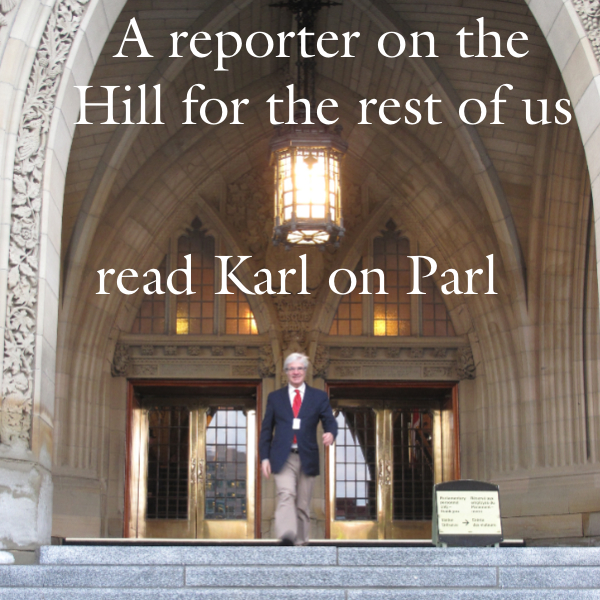The Fair Elections Act is attracting a growing wave of negative attention.
The Globe and Mail ran a series of five — count ’em five! — editorials slamming the Act.
One hundred and fifty academics signed a letter calling for major changes.
Harry Neufeld, former head of Elections British Columbia, and author of a report on problems with the contested 2011 election in Toronto’s Etobicoke Centre, has called on Prime Minister Harper’s Democratic Reform Minister, Pierre Poilievre, to stop misquoting his report.
The Council of Canadians, LeadNow.ca and the Canadian Federation of Students are actively campaigning to stop the Act as it is and gaining support each day. A poll the three organizations commissioned shows that large majorities of Canadians oppose key provisions of the Act.
Unfortunately, that poll also shows that more than 70 per cent of Canadians have not even heard of the Fair Elections Act — and the Conservatives would like to keep it that way.
The Procedure and House Affairs Committee hearings on the Fair Elections Act resume next week and the Conservative majority on that Committee can be expected to work as hard as it can to push it through, virtually unamended, as fast as possible.
The only hope for derailing this downhill train is public outcry on a far greater scale than exists so far.
The coalition opposing the Act suggests Canadians get in touch, by mail, email or phone, with their nearest Conservative MP.
If that is something you plan to do, and you’re looking for arguments, here are ten aspects of the Fair Elections Act many critics have identified as inadequate, unfair or dangerous:
1. It moves the chief investigator of election misdeeds — the Elections Commissioner — out of non-partisan Elections Canadian and into a government bureaucracy, the Office of the Public Prosecutor, which reports to the Justice Minister (currently, Peter McKay, a Conservative).
2. It does not provide adequate tools for officials to investigate electoral fraud. People who are now stonewalling the investigations of misleading calls during the 2011 campaign will have the right to continue stonewalling in the future, if the Act passes as is. It fails to give officials the capacity that exists at the provincial level and in other agencies to compel witnesses to share information. This failure will make it almost impossible to crack cases, such as the current misleading calls investigation, where the culprits have carefully hidden their tracks.
3. It comes close to muzzling Elections Canada, limiting its public communications to telling folks where and how to vote. No other democracy places such a draconian level of control on its elections agency.
4. It gives political parties the power to name key elections staffers, rather than continuing the practice of Elections Canada hiring such people based on qualifications and merit.
5. It allows political parties to continue to keep their voter database information from investigators and Elections Canada officials. There is strong evidence that the Conservative database was used in 2011 as part of efforts to deceive voters about polling places.
6. It fails to oblige political parties to fully report to Elections Canada on their use of public funds.
7. It raises political contribution and spending limits, for no demonstrable reason, except to get more money sloshing around the already money-soaked system.
8. It ends the practice of vouching, which will disproportionately prevent seniors, First Nations people and young Canadians from voting.
9. It bans the use of Elections Canada’s Voter Information Cards (VIC) as corroborating ID. Last election, those cards were crucial for the millions of Canadians who don’t happen to have picture ID that includes their addresses. Only 87 per cent of voting age Canadians have driver’s licenses, which are one of the very few forms of ID that include the required street address.
10. It creates a spending loophole that will allow political parties to spend as much as they like on campaign activity directed at donors of $20 or more. The Chief Electoral Officer told the House Committee that even if this loophole made sense and was based on some sound principal (which it does not appear to be) it is totally unenforceable. If this provision passes the next election campaign could become an orgy of virtually unlimited spending.
To learn more:
Seven ways to make the Fair Elections Act really fair
Harper’s elections act will deprive thousands of the right to vote — Chief Electoral Officer
Harper’s election ‘reforms’ contradict what Conservatives voted for in 2012
The ‘Fair Elections Act’ is scary!
Hold the phone: Call for Democracy
rabble’s Elections issue page



